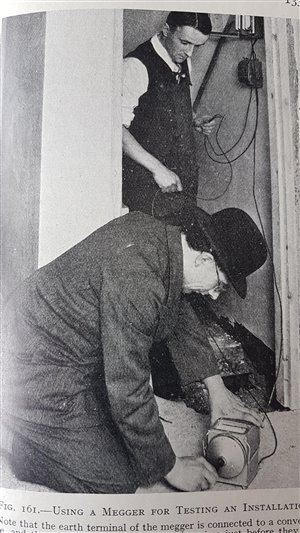It would appear that the IET EAS document now requires a QS to be an NVQ qualified electrician.
In the same way a building surveyor needs to be professionally qualified person who does not need to be a bricklayer but needs to know how bricks should be laid why cannot a professionally registered electrical engineer with an 18th Edition Qual. and C and G 2391 with maybe a Level 4 2396 design qualification be a QS?
The so called competent person schemes do not register electricians. They only register “enterprises” which have to have a single assessed person who is responsible for the technical standards in the company. It would appear a spotty faced youth with an NVQ 3 with minimal experience can be a QS but a Charted Engineer with decades of experience cannot be?
Before you ask I was the NICEIC PDH and QS for my own company for 15 years up until last year.
I would be interested in your views?


